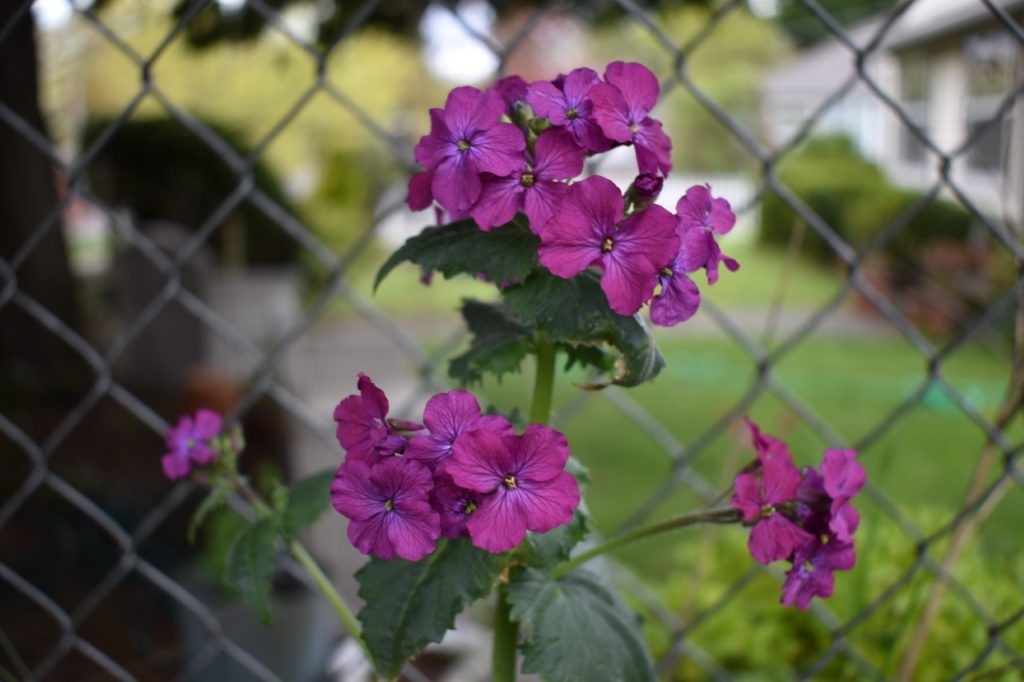By Erica Wickoda, MSW, LICSWA, Child Therapist and Clinical Intake Specialist and Lena Neufeld, Psy.D., Teen and Young Adult Therapist at JFS.
In early April, JFS counselors Liz Coleclough and Lena Neufeld reflected on ways to make meaning in the face of this pandemic, and turned to Viktor Frankl’s Man’s Search for Meaning as a guide. In honor of Mental Health Awareness Month this May, our clinical team will be exploring each of the four ways to make meaning that Viktor Frankl outlined in his book:
- Authentically interact others
- Engage in creativity and self-expression
- Commune in nature
- Recognize we have choice in how we perceive our circumstances, and find empowerment within this choice
Today, we’ll dive into “communing in nature”—an idea that feels especially relevant right now as spring arrives in the midst of an extended “Stay Home, Stay Healthy” order. Given the circumstances we find ourselves in, the idea of getting out into the great outdoors may feel out of reach to many of us.
This time of year is usually reserved for hikes among the wildflowers, picnics in the park on sunny days, farmers’ markets and the much-anticipated tulip festival. It is a sweet, exciting time for looking forward—as so many of us here in Seattle do—to a sunny and beautiful summer. This time around, it has been bittersweet to watch spring arrive. It is so lovely and hopeful, but also a painful reminder of what we are all missing.

I have noticed something, though, which is that when I let myself feel this grief—this aching to see more, to put my feet in new places, I am suddenly so much more able to see myself in the context of my community. I can see that staying home is a sacrifice I make—and will continue to make—to protect my community, and of course that sacrifice is both painful and purposeful. When I let myself feel that this loss is valid, I can see my neighbors’ gardens and feel deep gratitude for the hands that planted them. I can see weeds pushing through the cracks of the pavement that I walk on, always fighting to survive, to make it through.
When I judge my aching and my longing, when I try to “should” myself out of a feeling as opposed to just feeling it, when I tell myself that I cannot commune with nature because I cannot hike or camp or leave my neighborhood, I cannot be present. Grief and frustration live in the same realm as joy and hopefulness—and when we let ourselves truly feel, without judgment, we make room for our own humanity and each other’s humanity, too.
So what does it look like, to commune in nature in a way that is authentic, and that is driven by a desire to feel present and purposeful, rather than a “should”?
- Challenge yourself to look out your window: Is there new growth you can notice? If not, can you see the clouds or the sky? Can you see signs of growth coming through the pavement, or changes in your neighbor’s yard? Practice being present with whatever you can or cannot see, and notice the emotions that come up in you.
- If you can go outside, challenge yourself to feel the earth. Maybe you take off your shoes and feel the dirt or grass under your feet. Imagine the expansiveness of that patch that you are touching, and how it connects across the entire globe.
- Notice the change of light as the seasons shift. Notice how the quality of the light shifts throughout the day, and how the days grow longer and change as spring arrives.
- If you can open the windows or step outside the door, take a moment to breath in the air. Notice how fresh it feels, how clean. Allow it to enter your body, bringing energy into your system. Notice the rise and fall of your lungs as you welcome in the fresh air. Breathing in the new, breathing out the old or whatever is not serving you.
Our hope for you is that you can commune with nature, whatever that means to you, by communing first with yourself—everything you might need to feel and grieve and move through. Nature is imperfect, unpredictable, powerful, beautiful, and vulnerable. We are, too.



